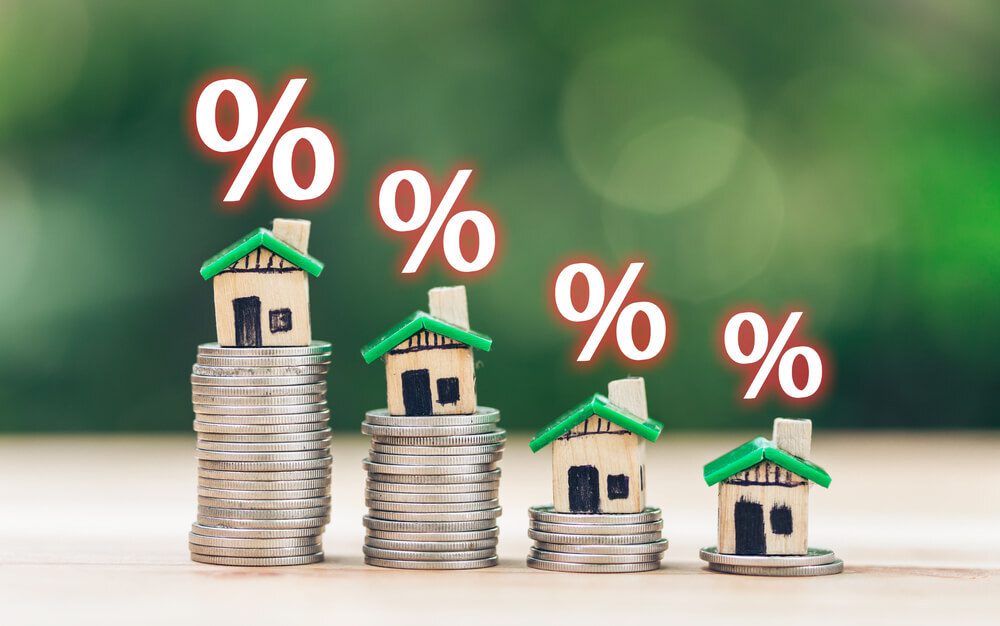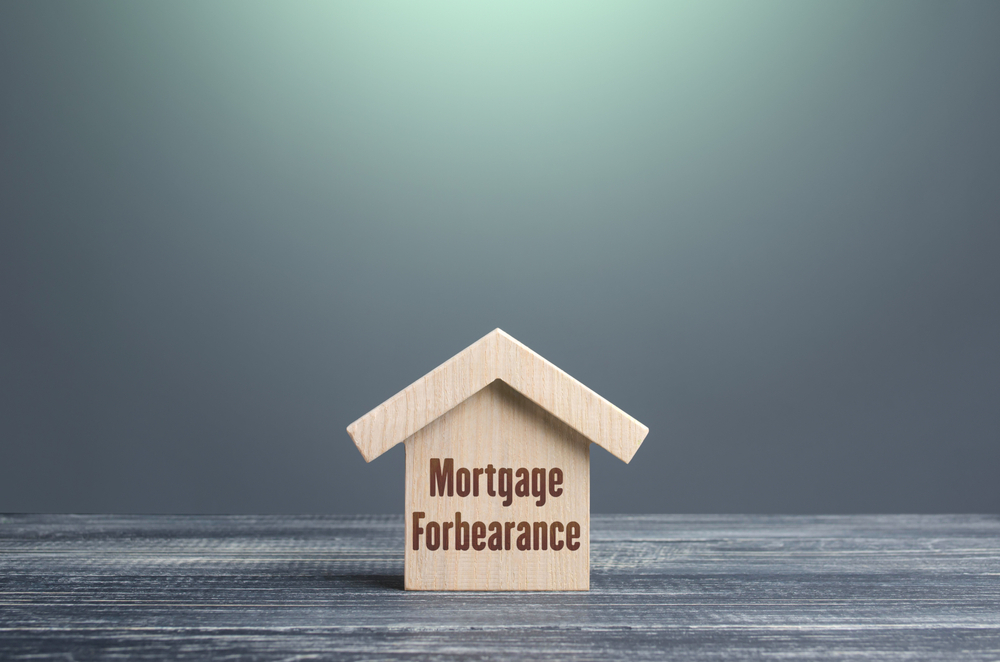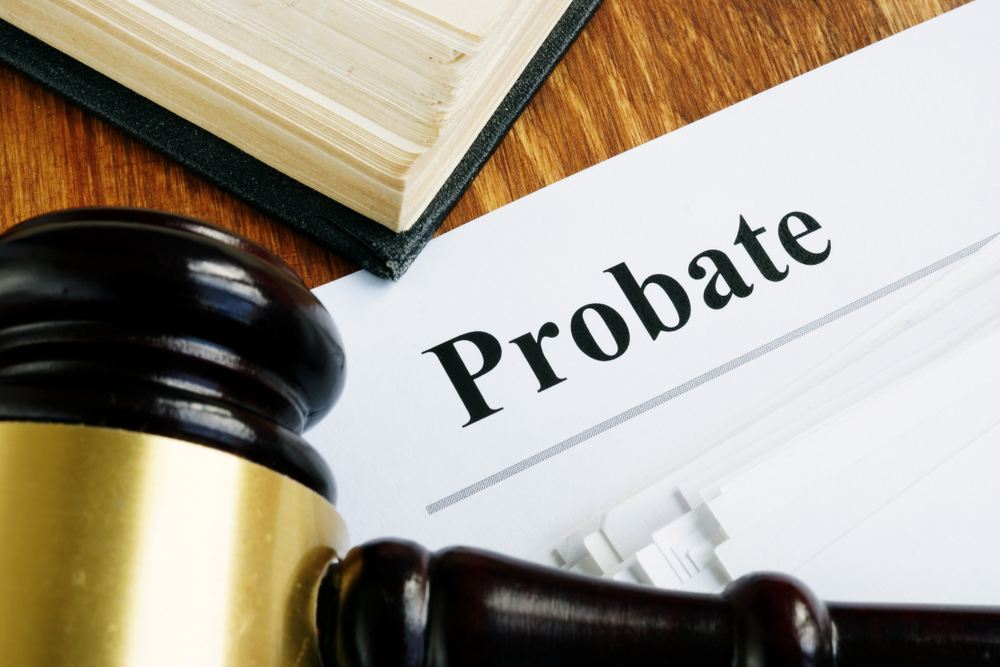What to Look for When Buying a Home Checklist
Searching for a home can be one of the most exciting and overwhelming stages of the home-buying process. To make it easier, use this home search checklist so you’ll know exactly what to look for when buying a home. 1. Location: delimit the search area of your house Location is the only thing you can’t change about your home, so choosing an area that suits your needs, your lifestyle, and, of course, your budget is important. Discussing your top location priorities with your agent is a good idea. They can suggest neighborhoods you’ve overlooked or tell you about the downsides of an area where you’re looking. Some factors to consider when choosing a location: Affordability: What price range can you afford? What cities and neighborhoods have homes that fall within this price range? Community Attributes: What are the dining and entertainment options? Are there parks in the area, what school districts are nearby, and what is the proximity to downtown? Of course, the desired community attributes are different for everyone based on their needs. Identify which ones are yours by narrowing down the location for your home search. Down payment assistance programs: These and other homebuyer programs can make purchasing a home more affordable, and many are offered specifically to people buying in a certain city or area. Find local first-time buyers or down payment assistance programs. Travel time: Is the house close to public transportation or highways? How far are you willing to travel to find the right house? Resale value: You may also want to consider how much time you will spend in your home and how much you can get for it when you sell it. Most buyers spend less than ten years on their first home, and some as little as two or three. Factors such as new commercial development in the area could help or hurt the value of your home. 2. Determine your “must haves” and “nice to haves” Knowing what to look for when buying a home is easier once you’ve decided what’s important to you: your wants or your needs. Create a list of everything that could determine your decision, then decide what is essential and what you can do without. If a home has only one of your five “must haves,” you should keep looking. You may want an updated kitchen or laundry room, but is it necessary? Maybe so, your list will be unique. Remember that if this is your first home, you can probably make upgrades and changes or later upgrade to one with more features on your list. Below are some common features to consider: Number of bedrooms and bathrooms Move-in ready vs. needs some upgrades (and their cost) Home services: appliances, storage, air conditioning, and heating. Outer space size Also, think about the non-negotiable factors. For example, if you are a light sleeper and want peace and quiet, be careful not to fall in love with the “perfect house” on a busy street. As you search and start viewing homes in person, your list evolves. Keeping an open mind can help you find homes in your price range that you may have yet to consider. Just think carefully before giving up your must-haves, especially those that can’t be changed once you move. Being flexible but thoughtful about your options is key to finding a home that’s right for you. 3. Start your home search online House search sites offer many options for finding homes that meet your specifications. You can search by neighborhood, city, or zip code, filter results by price range, and features like property type, square footage, and more. Although filters and keywords can help narrow your search, it’s a good idea not to be too specific about certain features. A seller’s agent might need to remember to include a fireplace, hardwood floors, or a particular appliance in a home’s description, which would mean the home wouldn’t appear in your results. Keeping your search more general can mean seeing more homes that meet your needs. Once you’ve found a few properties that catch your eye, the next step is to start visiting them. 4. Explore homes in person or virtually If you’ve found a home you’re interested in online, visit it in person. This will give you the best idea of whether the house is right for you. Take notes and photos as you walk through the house. Most of the time, you will see a handful of houses, so it will be easier to remember your thoughts and the details of each house. If health rules allow, check everything: open and close doors, turn on light switches, test water pressure, and remember the outside of the house. Being inside a home can be overwhelming, so we’ve identified key details to pay attention to on a home tour. From the interior to the exterior, here’s what you should look for when buying a home. House Hunting Checklist: The Inside Number, location, and size of rooms. Number, location, and size of bathrooms. General floor plan Age and condition of appliances. Soil type and condition Width and types of stairs Closets and storage space Home systems include plumbing, electricity, heating, air conditioning, etc. Windows and the amount of natural light Street noise and how sound is transmitted between floors and rooms Garage and parking availability House Hunting Checklist: The Outside Age and condition of roof and gutters, siding, doors and windows Porch/terrace Landscaping garden size Proximity to neighbors Type and condition of fences Only some homes will be perfect, so try not to get caught up in small cosmetic details, like paint colors or finishes from the hardware store. However, you’ll want to look for red flags while searching for a home. Your agent should be able to point out potential problems and answer your questions as you tour the home. If you tour a home virtually with your agent, much of this advice applies, although you must improve how you interact with the home. The
What to Look for When Buying a Home Checklist Read More »






